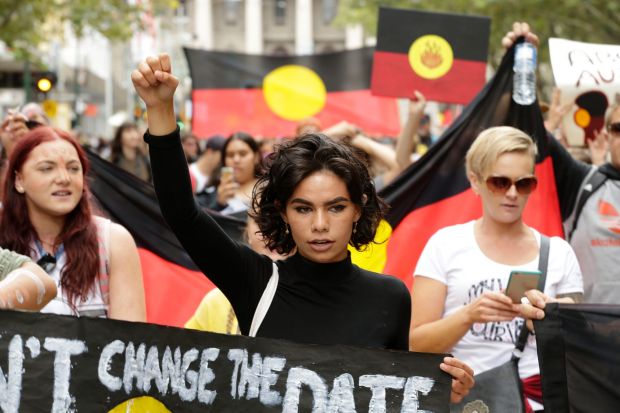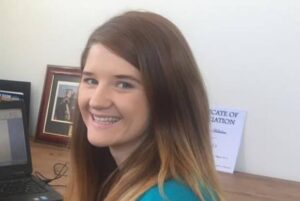
Are We Really Closing the Gap?
Australian Rotary Health has partially funded research in a recent journal article that analyses the health of Aboriginal and Torres Strait Islanders since the introduction of the Federal Government’s Closing the Gap scheme in 2008.
The narrative review was led by Dr Michelle Kennedy (Bovill), a Wiradjuri woman from Mudgee, with significant support from other scholars, including ARH’s very own Dr Breanne Hobden. Dr Hobden from the University of Newcastle was the recipient of the Colin Dodds Postdoctoral Fellowship in 2019; her research examines multiple aspects of comorbid mental health and alcohol or drug misuse among those attending Aboriginal Health Services. Dr Hobden was primarily involved in quality checking the data extracted from the research conducted.
“Given that we have continued to fall short on closing the health gaps between Aboriginal and non-Aboriginal Australians, it is timely and important to understand where our research efforts have been placed, and where they are most needed moving forward,” said Dr Hobden.
“The review was led by an incredible team of Aboriginal health researchers who are dedicated to meaningful engagement of Aboriginal and Torres Strait Islander communities in health research.”
Indigenous Australians experience a burden of disease 2.3 times greater than that is experienced by non-Indigenous Australians. Around 2 in 5 Indigenous people (15 years and older) smoke daily and nearly half (46%) have at least one chronic condition that poses a significant health problem.
The article Dr Kennedy led aimed to examine the 2,150 original research articles published over the 12-year period from 2008 to 2020. A large proportion of the publications were descriptive research, focusing on many areas, including mental and substance disorders (20.5%), infectious diseases (14.1%), health services planning, delivery and improvement (33.5%), and health and wellbeing (29.5%).
Overall, there has been growth in research more aligned with improving the health services of First Nations people. There was little acknowledgement of the impact racism has on health and wellbeing in these articles, though there was a significant increase in research focused on racism in 2019 and 2020 with the Black Lives Matter movement taking the global stage.
Dr Hobden summarises, “community engagement and Aboriginal leadership is critical for current and future research if we are to achieve real improvements in health outcomes of Aboriginal and Torres Strait Islander populations.”
Media contact: Alexander Galati – [email protected]
First published 5th June 2022

